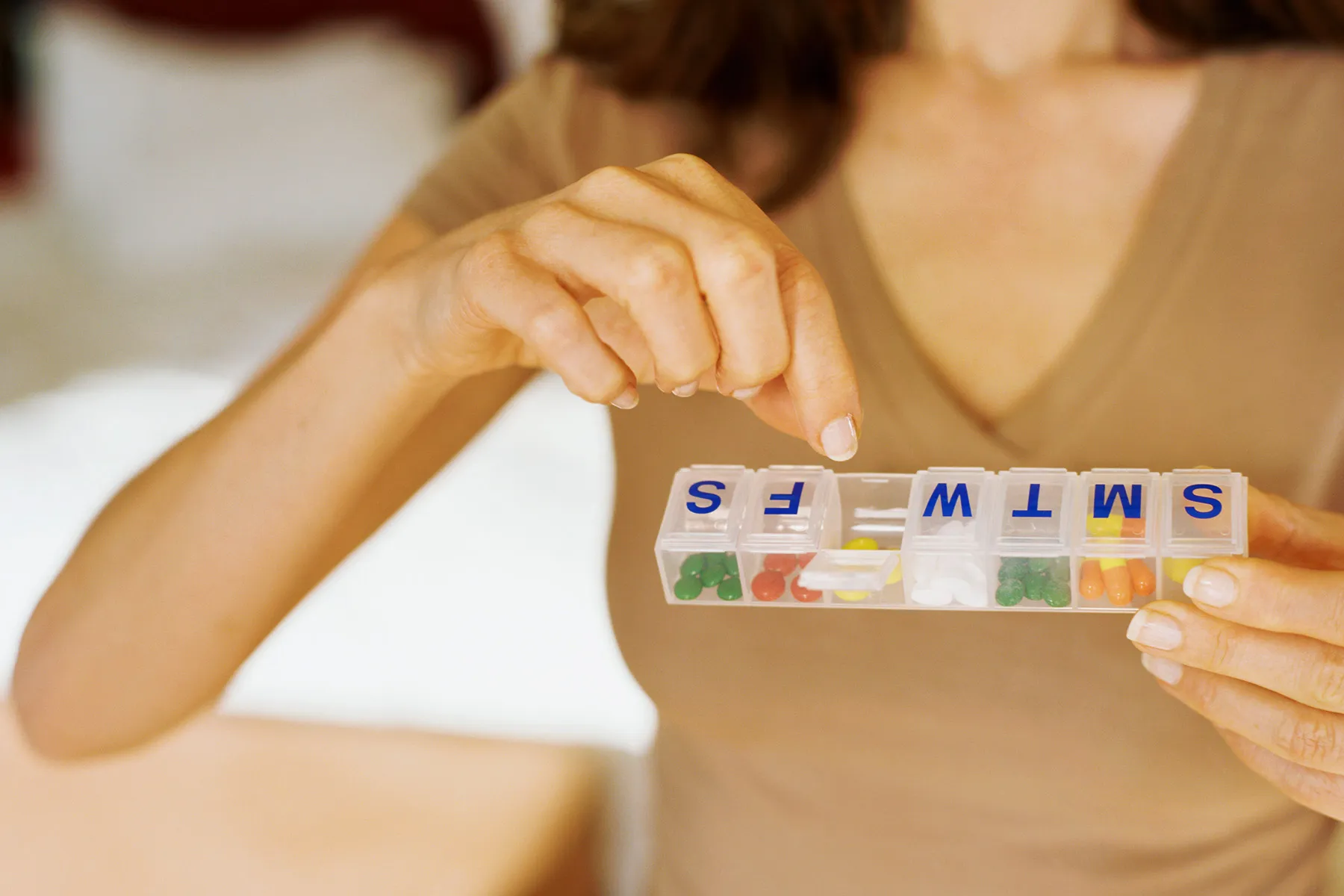10 tips for being medicinewise
Being 'medicinewise' will help you make better health decisions and
get the most benefit from your medicines. Always ask 'why' before taking
any medicine. It is important to know what you’re taking and how it
could affect you – and whether a medicine is the best option for you.
Here are some tips to help you become ‘medicinewise’.
Health Recovery
- Know it’s a medicine. Medicines don’t just come on prescription – they can also be bought over the counter from the pharmacy, supermarket or other store, or online. Your medicines may include conventional medications as well as herbal remedies, vitamins, minerals and nutritional supplements. They may come in many forms such as tablets, creams, lotions, drops and inhalers.
- Find the active ingredient in your medicine. Most medicines have two names: the active ingredient and the brand name. Knowing the active ingredient will help you avoid confusing your medicines and making mistakes. It is easy to accidentally double dose if you use different brands containing the same active ingredient.
- Ask the right questions. It is important to get the information you need to make good decisions about your health and medicines. Get your answers from a reliable source – when searching the Internet, look for the HealthInsite and HONcode logos. You can always ask your doctor or pharmacist if you’re unsure about anything.
- Read the consumer medicine information. Ask your doctor or pharmacist for a consumer medicine information (CMI) leaflet. This is a good starting point for learning more about a medicine.
- Check the label. Read the packaging for instructions on taking the medicine and for the expiry date. Dispose of expired or unused medicines safely by returning them to any pharmacy.
- Tell your doctor, pharmacist or other health professional about all of the medicines you are taking. All medicines have possible risks or unwanted side effects, regardless of where you get them or what form they are in. Make sure you let everyone involved in your healthcare know what you are taking, including complementary and alternative treatments.
- Plan your medicines routine. Know what to take when and refill your prescriptions before they run out.
- Use aids to help you remember. Ask your pharmacist about aids like Webster-paks or Dosette boxes if you have trouble remembering how to take your medicines.
- Keep a list of all of your medicines. This will help you keep track of your medicines. Take the list whenever you visit your doctor or other health professional, when you go on holidays or if you go to hospital.
- Don’t share medicines. It is important not to give other people your medicine or to use someone else’s. What’s right for you may not be right for someone else and vice versa.
Health Recovery













